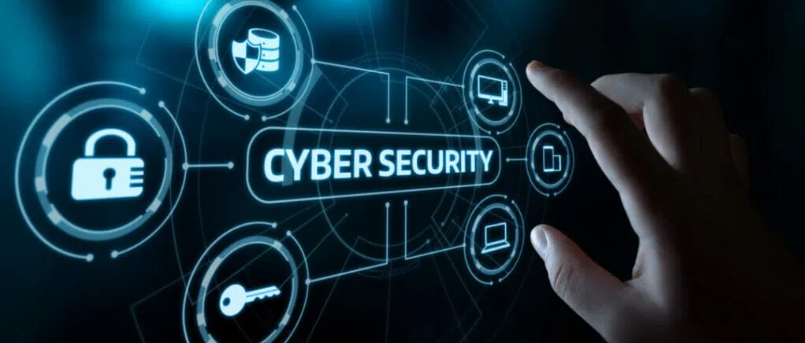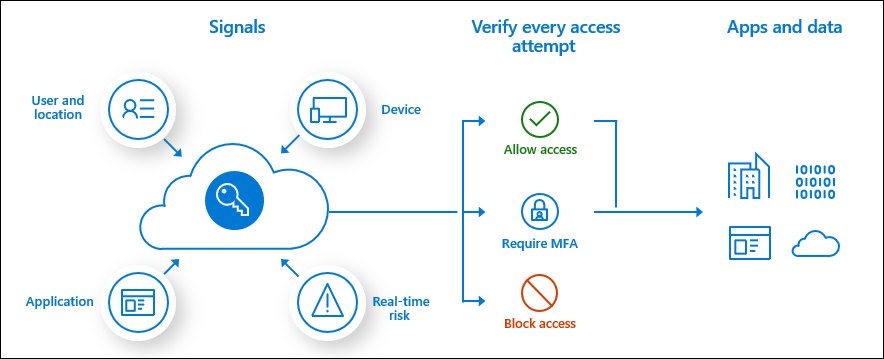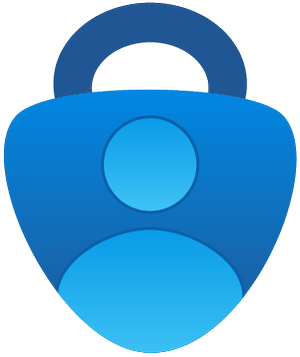
Cyber Security
When people hear cyber security, they begin to think why, or something will never happen to my account or information. It is always someone else until it happens to you. Our entire lives are surround by potentially insecure technology and accounts from banking to ordering food. Passwords and PINs are easily compromised and with new technology are easy to “guess.” (Did you know the most commonly used passwords are 12345, qwerty, and password? If you fall into any of these 3 passwords for any account, go change your passwords!)
Our goal as a community is not to make your experience unpleasant when using services and software provided by the College, but for the protection of everyone accessing the information and we need your help to insure the safe use of services and software.
What is MFA?
Multi-factor Authentication (MFA) is an authentication method that requires the user to provide two or more verification factors to gain access to a resource such as an application, online account, or a VPN. Rather than just asking for a username and password, MFA requires one or more additional verification factors, which decreases the likelihood of a successful cyber attack.
Multifactor Authentication (MFA) is also required by many States as regulations on information protection becomes a focus. MFA helps make sure that we are compliant with identity and access management regulations, such as SOX for financial services and HIPAA for healthcare transactions.

Picture this:
The Wake-Up Call
You’re having a conversation with your friends at Knowlton and you receive a text saying a $300 transaction has been approved for a money transfer from your bank account. Your heart starts to race as you process that it must be some sort of mistake. You quickly log in to your online banking platform only to realizes that you are denied access. You then scramble to find a phone number while also trying to access your email to look for your last electronic statement. It hits you in that moment that your email has also been compromised when you receive an error of invalid credentials. Now the panic really hits as you frantically ask your friends for advice as to what to do next. You finally get ahold of your bank and confirm that the transaction was not you with security questions and a 4-digit pin, but the damage is done. In that time another 4 transaction were charged to your account and now your account is locked preventing you or the hacker from accessing it further. You then focus your attention on your email which you are able to access using security questions to change the password and prevent further issues. You can finally take a minute to process what has happened in the span of 30 minutes only to remember that your password manager is linked to your email account and browser for easy access. The scramble ensues as you franticly change passwords for all your accounts linked to the password manager and try to figure out what else may have been compromised.
The Realization
After dealing with the above scenario for weeks or even months of your life to try and reclaim your money and identity. You come to the understanding that this entire situation could have been prevented if you would have taken 2 minutes to enroll in your bank’s new security feature MFA. You are now the on-campus advocate for cyber security.
MFA at the College of Wooster

The College of Wooster uses the Microsoft Authenticator App to create that additional layer of security between your account information and cybercriminals. Accessing your account could give hackers access to student accounts, or College information at large.
You can install the authenticator application at anytime, and keep your information and College of Wooster community safe!
